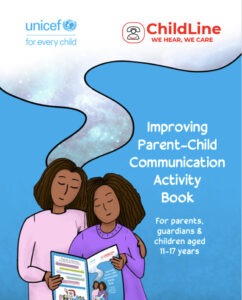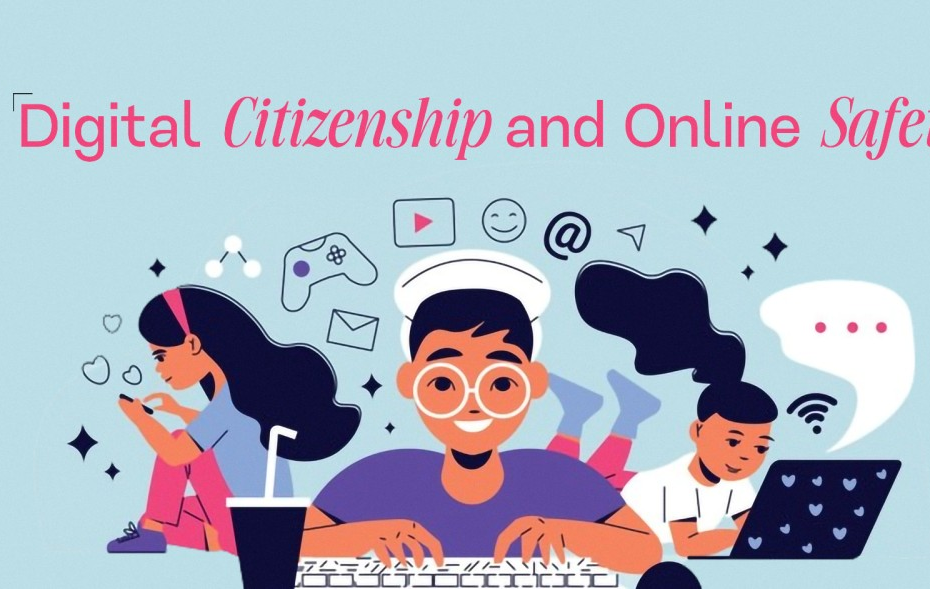The internet is an amazing tool for learning, connecting, and exploring. Children, teens, and adults alike use the digital world every day to chat with friends, share photos, shop, or do school and work. While technology makes life easier, it also comes with risks. Knowing how to stay safe online and practice good digital citizenship is the key to protecting yourself and those you care about.
What is Digital Citizenship?
Digital citizenship means using technology responsibly, respectfully, and safely. Whether you’re sending a message, commenting on a post, or joining a video call, your part of an online community. Good digital citizens:
- Treat others online with kindness and respect.
- Think before they post or share information.
- Protect their personal information.
- Know how to deal with online risks and report harmful behaviour.
Being a positive digital citizen benefits everyone at home, at school, and even at work.
Why is Online Safety Important?
The internet can expose people to dangers like cyberbullying, scams, harmful content, and online predators. Young people are especially vulnerable because they may not always recognize warning signs.
Online safety isn’t just about protecting devices; it’s about protecting your well-being, privacy, and reputation. Remember: once something is online, it’s hard to erase.
Smart Online Safety Tips for Everyone
- Protect personal information: Avoid sharing details like your address, school, workplace, or passwords.
- Think before you click: Don’t open suspicious links or attachments.
- Use strong passwords: Create unique passwords and update them often.
- Be respectful: Treat others as you would in person. Avoid sharing harmful or hurtful content.
- Review privacy settings: Check who can see your information on apps and websites.
- Pause before posting: Ask yourself, Would I be comfortable if my family, teacher, or employer saw this?
Spotting Red Flags Online
Whether you’re a child, teen, or young adult, it’s important to notice when something feels “off.” Watch out for:
- Strangers ask for private information or photos.
- Messages or posts that pressure you to do something.
- Online “offers” that seem too good to be true.
- Friends or contacts being unkind, controlling, or manipulative.
Trust your instincts. If something makes you uncomfortable, it’s always okay to say no and get help.
Your Digital Footprint Matters
Every post, comment, and photo leaves a mark online; this is called your digital footprint. It can affect your friendships, reputation, and even future opportunities. Before sharing, ask:
- Is this kind and respectful?
- Could this hurt me or someone else later?
- Would I want others to remember me this way?
Being intentional with what you post helps you build a positive online presence.
What to Do if You Feel Unsafe Online
If you or someone you know feels threatened, bullied, or pressured online:
- Do not respond.
- Save the evidence (messages, screenshots, emails).
- Block or report the person, account, or website.
- Talk to someone you trust. This could be a parent, teacher, counsellor, or friend.
If you live in Trinidad and Tobago, you can also call ChildLine for support. Adults can contact the TTPS Cybercrime Unit for serious online threats or fraud.
Staying safe online and being a responsible digital citizen is everyone’s job, kids, teens, and young adults. When we protect our personal information, treat others with respect, and recognise warning signs, we help make the internet a safer space for all.
Remember: if something online feels wrong, trust your instincts and speak up. Your safety and well-being always come first.









